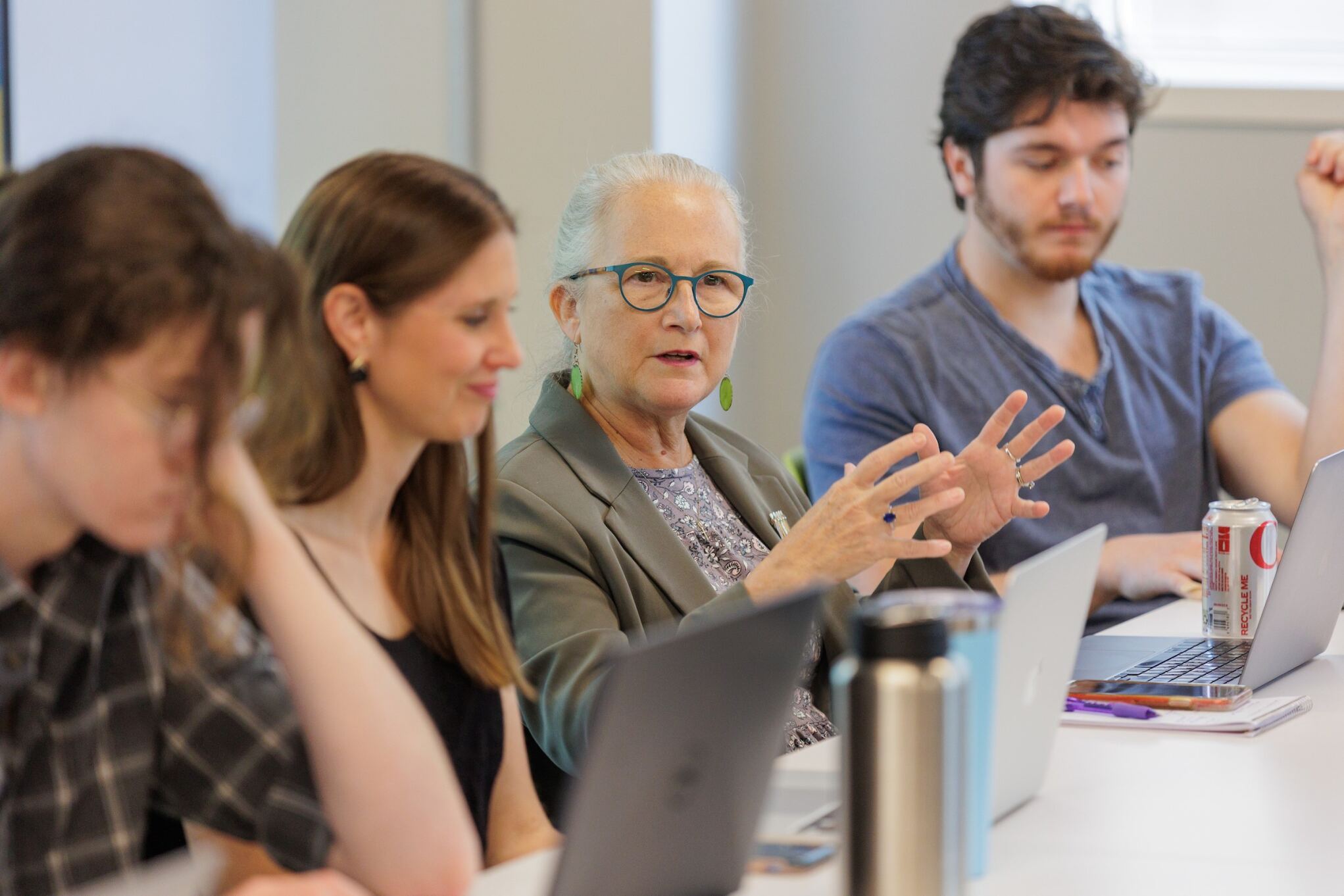When I was a child, there was no internet. We all had access to the same information which came from the same place: our libraries. These precious community resources were available, accessible and inclusive for all.
Today, accessibility to knowledge is limited. We have so many brilliant children who don’t get recognized because they don’t have access to assets and resources necessary to showcase their talents in a 21st-century world. Unless you’ve lived the experience of having no access, you don’t realize how many people do or how deeply it impacts everyday life.
Equal access to resources and technology is the driving mission of The Enterprise Center, the nonprofit I was privileged to lead for the past five years.
Throughout my career, it has been an honor to work both with and for children in a wide range of ways. I’ve been a teacher, principal and nonprofit founder, yet I discovered my true passion when I began working to address the lack of access to technology certain communities face on a broader scale.
When we launched Tech Goes Home in Boston (before bringing the program to Chattanooga in 2015), I knew from my experience in the city as an educator that computer and internet access at home had a major impact on student success.
Living in DC and leading Next Century Cities, I learned how politics work from the inside out. I met with lawmakers and their staff members. I saw how bills get written and even helped write a few. Change of any kind is so painfully slow and I respect people able to work on a bill for years — we sure need folks with that kind of patience. (From this, I learned that slow work is not for me.)
In 2019, I arrived in Chattanooga as CEO of The Enterprise Center. Tech Goes Home’s Tennessee program had already begun under the direction of Sammy Lowdermilk. Together, we’ve reached more than 12,000 participants who’ve graduated from our wide and ongoing range of programming.
At the start of the pandemic, we celebrated the strength of partnership as we assisted in the implementation of HCS EdConnect, created by Hamilton County Schools and EPB, to bring internet access to more than 17,000 Hamilton County Schools students and their families. This full circle moment brought me back to my time as a principal in Boston, where our middle school was one of the very first in the country to provide laptops to every student — and I’m grateful for the widespread recognition of how critical these resources are today.

Partnerships are also the reason we were able to create new community programs like EMPACT, a Google IT certification course with Chattanooga State Community College supported by the City of Chattanooga to address local workforce needs and disparities and our award-winning Networking & Neurodiversity event series.
Our community work is driven by partnerships, both with organizations and individuals. From our incredible partners, I have learned many invaluable lessons. But by far, my greatest teachers have been children.
Children are just honest — sometimes to a fault. I loved having them tell me how to do a better job. From children, I learned to listen, ask questions and to always remember that each child wants to be valued, lifted up and loved. I learned about life from my students. From me, they learned things like how to use mathematics in their lives. (I think I got the better end of the bargain.)
I imagined I’d be involved in community-centric digital inclusion work my whole life. Now, thankfully, that conversation is happening more broadly and becoming better understood. I don’t have to be so loud. There are more voices amplifying the need for this ongoing work; it is the longest-term overnight success of any project I’ve ever been involved in and I’ve never been more hopeful for the future of this work.
As I come close to the end of my traditional working career, there are a few things I know. I know I will never “not work,” just that I may choose where and when and how to work differently. I will continue to be connected to the things that I am passionate about: connecting the unconnected, helping folks to learn a skill that will lead to a job with a living wage, improving educational outcomes and helping new leaders through mentorship.
I plan to remain in Chattanooga where I have built a network of unbelievable mentors, colleagues and friends. I’ve lived in many places and none felt like home — until I arrived here. Chattanooga feels like home.






